Mark Zuckerberg admits he ‘didn’t take enough responsibility’ in front of European politicians in Brussels
FACEBOOK boss Mark Zuckerberg says the social media giant “hasn’t done enough” to prevent the spread of fake news and the mishandling of users’ private information.
FACEBOOK chief Mark Zuckerberg apologised to the European Parliament and said the social media giant was taking steps to prevent a repeat of a massive breach of users’ personal data.
Mr Zuckerberg told the livestreamed hearing in Brussels that it had become clear in the past two years that Facebook executives “haven’t done enough to prevent these tools from being used for harm”.
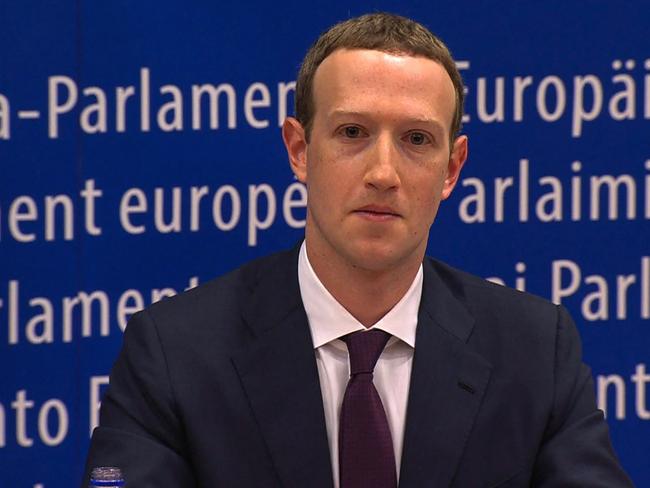
“And that goes for fake news, foreign interference in elections or developers misusing people’s information. We didn’t take a broad enough view of our responsibility,” he said.
“That was a mistake, and I’m sorry for it.”
Mr Zuckerberg also pledged to keep investing in Europe as he made the latest stop on a tour of contrition over the Cambridge Analytica scandal that began in the US Congress in April.
Mr Zuckerberg faced round after round of scathing criticism and fiery questions, as politicians discussed whether to break up the social media giant’s “monopoly,” force it to compensate users for their personal data, stop it tracking non-Facebook users, and probed how it planned to shut down bullying that had led to teenage suicides.
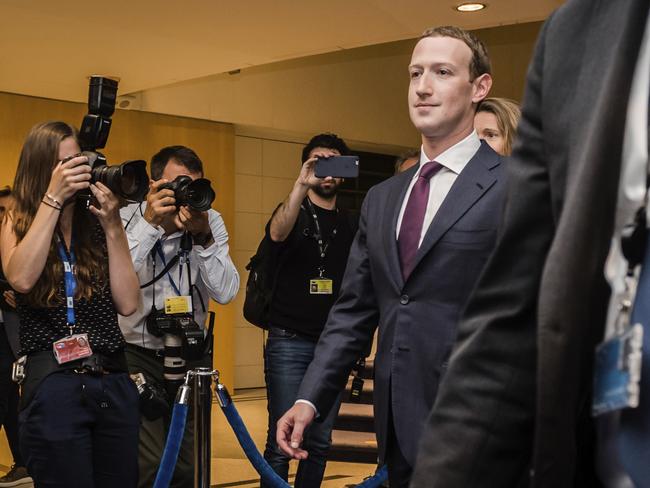
In a particularly pointed question, a Belgian representative even questioned Mr Zuckerberg’s legacy, asking whether he wanted to be remembered “as one of the three big internet giants together with Steve Jobs and Bill Gates” or as “the genius who created a digital monster that is destroying our democracies and our societies”.
But the 90-minute meeting ultimately ended in frustration for many parliamentarians as an unusual format allowed Facebook’s founder to ignore many questions, and repeat answers already delivered during his appearance before US Congress.
The European representatives asked questions about the Cambridge Analytica scandal, in which a political data firm was able to buy the details of as many as 87 million Facebook users to influence elections, as well as whether Facebook was a monopoly in need of greater regulation, and whether it was complying with new consumer privacy laws that will come into force on May 25.
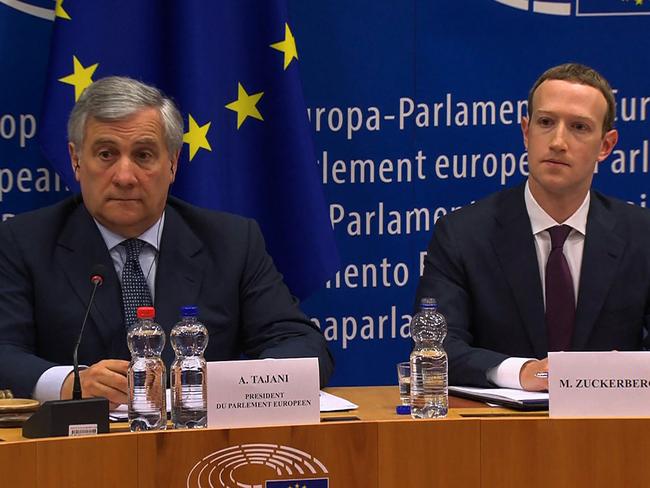
In his answers, Mr Zuckerberg admitted more Facebook apps could possess huge databases of users’ personal information, and it would take some time to identify them.
He said the company had already discovered “more than 200” apps that appeared suspicious.
“I do anticipate that there are going to be other apps that we find that we’re going to want to take down,” he said.
“There are many thousands more that we need to investigate. This is going to take many months.”
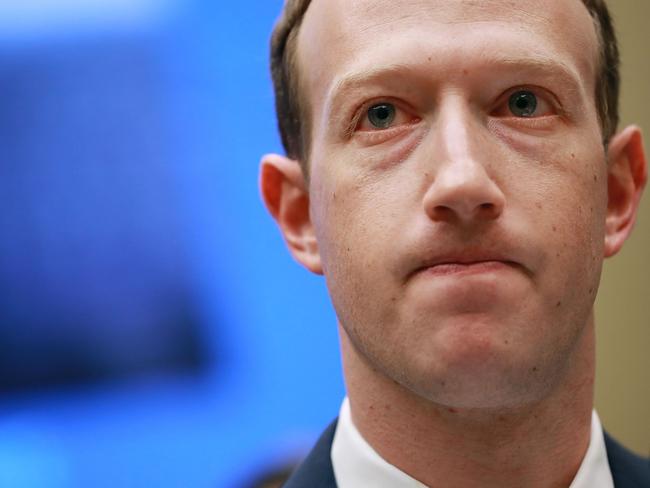
The Silicon Valley giant has told the European Commission, the EU’s executive arm, that the personal data of up to 2.7 million Europeans may have been sent inappropriately to Cambridge Analytica, which has since filed for bankruptcy in the US.
The Facebook chief welcomed the EU’s sweeping new personal data protection rules, which come into effect in three days, saying that his website was adopting similar steps.
During the public meeting, held in Brussels after 2am AEST, European parliamentarians asked their questions in three-minute bursts before Mr Zuckerberg answered inquiries at the end of the session.
But, citing time constraints, the billionaire answered some questions by theme only, and failed to respond to others, prompting angry outbursts from three parliamentarians as the session ended.
“I asked you six yes-and-no questions. I got not a single answer,” one commented.
“Of course, you asked for this format for a reason.”
‘KEEPING PEOPLE SAFE’
Mr Zuckerberg said Facebook was bringing in new features including a special “clear history” button that would allow them to delete any cookies or browsing history details it stored.
He also told the leaders of the European Parliament’s political groups that Facebook would make fresh investments to protect its users in the wake of the scandal.
“It’s going to take time to work through all of the changes we must make. But I’m committed to getting it right, and to making the significant investments needed to keep people safe,” he added.
“I expect this will significantly impact our profitability. But I want to be clear: keeping people safe will always be more important than maximising our profits.”
Mr Zuckerberg meanwhile admitted that Facebook had been “too slow to identify Russian interfering” in the 2016 US presidential ballot, but was working with European governments for future elections.
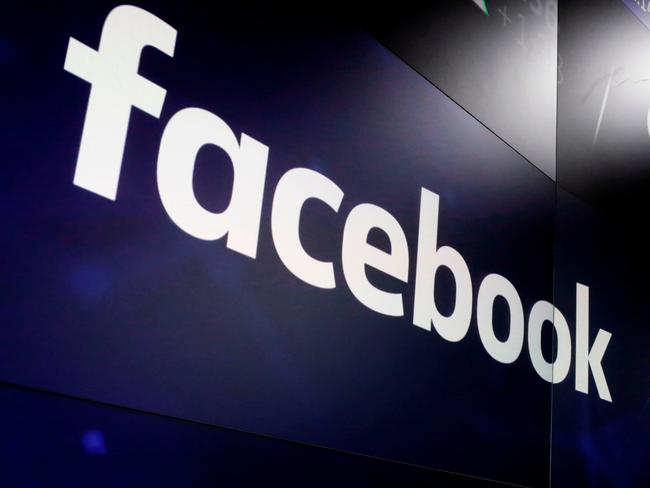
Facebook also served a valuable social role with tens of thousands of people having used its Safety Check feature “after the recent terrorist attacks in Berlin, Paris, London and here in Brussels”, Mr Zuckerberg said.
Mr Zuckerberg denied Facebook was a social media monopoly though reiterated he considered regulation “inevitable”.
He also revealed many European Facebook users had yet to accept its revamped privacy policy, even though the deadline loomed on Saturday, and denied requests to stop tracking internet users who had not signed up to Facebook, as he said it was important for the social network’s “security”.
Mr Zuckerberg met with the European representatives despite denying an earlier request to submit to questioning by British authorities, who threatened to issue a formal summons for his appearance.
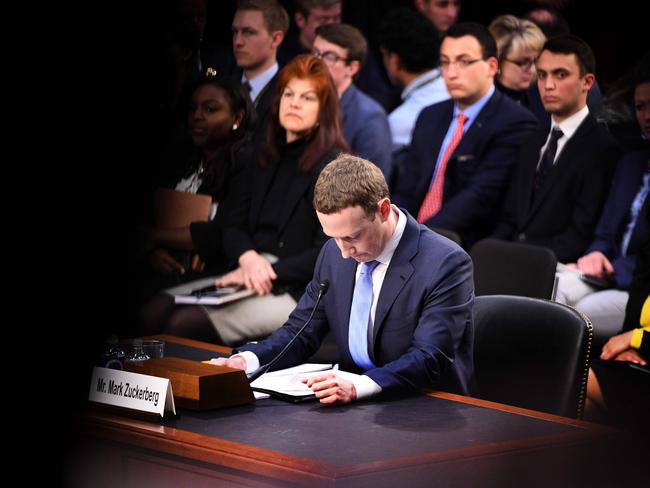
The UK Digital Culture, Media, and Sports Committee chairman Damian Collins called today’s European probe “a missed opportunity for proper scrutiny,” and criticised Mr Zuckerberg for ignoring important issues.
“Questions were blatantly dodged on shadow profiles, sharing data between WhatsApp and Facebook, the ability to opt out of political advertising, and the true scale of data abuse on the platform,” he said.



